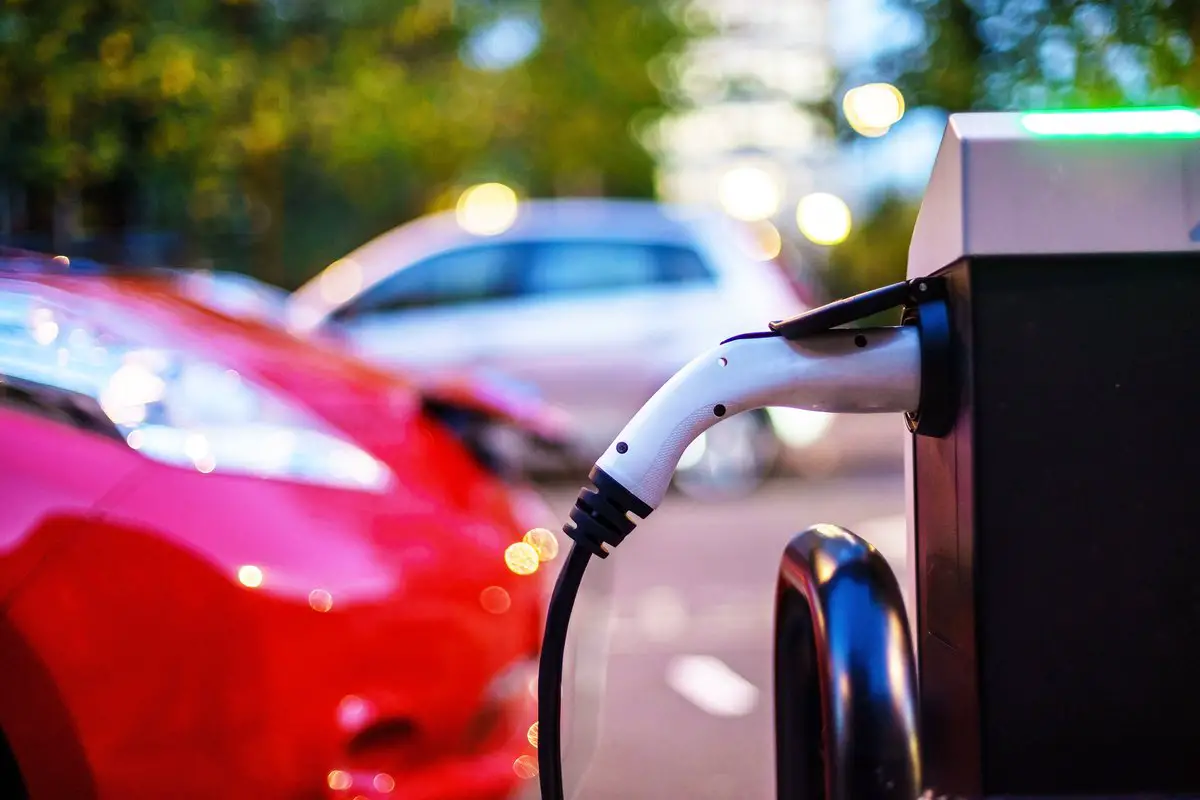With the fast growth of technology, electric trucks have become more efficient, powered by electricity from the grid and battery packs with recyclable properties. Many have advised it as a nature-friendly approach to traveling, and it is the answer to the largest source of pollution. However, you might wonder if electric trucks perform as well as diesel or gas trucks.
Electric trucks are more powerful than gas trucks. The drive system in electric vehicles delivers more torque to the wheels, allowing you to use less fuel while driving at the same speed with the same power as a gas truck.
In this article, I’ll help you compare the benefits and disadvantages of electric trucks compared to gas trucks, covering how powerful, cost-effective, and easy to maintain each one is. I’ll also tell you some other advantages of driving an electric truck to help you understand why EVs are the vehicles of the future.

Electric Trucks vs. Gas Trucks
Most people know that electric vehicles are more sustainable than gas vehicles, but few know the other differences between these vehicles. So, let’s get down to the facts and discover the key differences between electric and gas-powered trucks.
Power
Electric trucks can produce more torque than gas trucks, and their motor eliminates the need for a traditional transmission. Hence, the power goes directly to the wheels for quick acceleration.
In gas trucks, it is the opposite. Its motor must go to the traditional transmission before its power goes to the wheels.
So, while gas trucks offer less power than electric trucks, they also aren’t as efficient with their fuel.
Mileage
Both electric and gasoline-powered trucks can travel quickly. However, EVs release less energy and have fewer emissions when traveling at the same speed as a diesel truck.
Still, some trucks can be more efficient than EVs in terms of mileage. For that reason, it’s critical to narrow down your comparison to specific truck models. You can compare both types of trucks in terms of mileage on the government’s fuel economy website.
Maintenance
Electric truck costs are lower, including repairs and servicing. Since the moving parts are fewer and you don’t need to deal with the mechanics of a combustion engine, an electric truck is easier to maintain than a gas-powered vehicle.
With an electric truck, there’s no need to change the oil. Regular maintenance of an electric truck will only include a few parts like brake pads, wipers, and fluids.
Environmental Impact
EVs have a lower environmental impact while being used to drive. However, the environmental costs are higher during the process of manufacture due to the required materials and energy.
However, when using an electric truck, you’ll create significantly fewer emissions, making it easy to pay back the “carbon debt” emitted from the production of the battery.
Additionally, an electric vehicle produces zero tailpipe emissions, creates a smaller carbon footprint, and reduces the dependence on fossil fuels. It is safer to breathe in a world fueled by electricity.
The opposite is true for gasoline-powered trucks. The early days of the pandemic demonstrated how the skies could become clearer and safer when the home quarantine was obliged for everyone. Air pollution decreased extensively in most countries, and nature was able to recover for a few weeks. With electric vehicles, we could experience that level of air purity all the time.
Fuel Source
Lithium-ion or Li-ion batteries are rechargeable and expensive, but they last a long time. A battery’s key component, lithium, is the lightest and best element for creating powerful yet lightweight batteries to fuel electric trucks.
While gasoline has been present for many decades, it poses a significant threat to the environment due to its emissions. These greenhouse gasses that contribute to air pollution can also cause respiratory problems.
Lithium-ion batteries work by releasing electrons when you power up the vehicle. Its primary components consist of two electrode materials, an anode and cathode, and an electrolyte between them.
As this process occurs, the positive electrode (anode) flows until it reaches the negative electrode (cathode), creating a closed circuit of energy from positive to negative. At the same time, the electrode acts as an effective insulating barrier.
The exact opposite process happens when charging. The electrons deposited in the negative electrode flow back to the positive electrode. The energy is thus reusable.
To better understand the process, here’s a quick video to watch.
Other Advantages of Electric Trucks
While it’s clear that electric trucks are more powerful and power-efficient than gas vehicles, there are still more benefits to choosing an electric truck.
Some of these other benefits include:
- Create less noise. Hence, every trip is quieter for both the drivers and passengers.
- Charging is convenient in the comfort of one’s home or a nearby charging station.
- Can maximize solar panel system recharging.
- The fuel (electricity) cost is significantly lower than buying fuel for a gasoline-powered truck.
- Electric trucks are another helpful tool to charge other equipment during a blackout.
Disadvantages of Electric Trucks and How To Counter Them
- Few people may face difficulties with how to operate one and how to charge it. I recommend checking Electric Vehicle Charging Explained to learn more.
- Recharging will take a longer time. However, if the voltage is higher, then it can become faster.
- Power Outages. Power outages can set you back if you have a low battery, which is why you should charge up regularly.
- Lastly, charging stations are currently limited and possibly nonexistent in some locations. If you plan to travel somewhere far away, find routes that have charging stations along the way.

Conclusion
An electric truck’s power enables the motor to run smoothly, creating less noise and vibration. In addition, its swift torque allows the EV to take off from a stop much faster than a gas-powered vehicle.
Consumers can also save money on an electric trucks as they are more cost-effective and fuel-efficient. In contrast, gas trucks offer the opposite. Gas vehicles produce harmful emissions, but they are also expensive to refuel and maintain.
Sources
- INL: How Do Gasoline & Electric Vehicles Compare?
- Verified.org: What is the Expected Battery Life of My Electric Vehicle?
- RMI: Reality Check: Electric Trucks Are Viable Today
- North America Council for Freight Efficiency (NACFE): Electric Trucks
- US Department of Energy: Maintenance and Safety of Electric Vehicles
- US Department of Energy: How Do Gasoline Cars Work?
